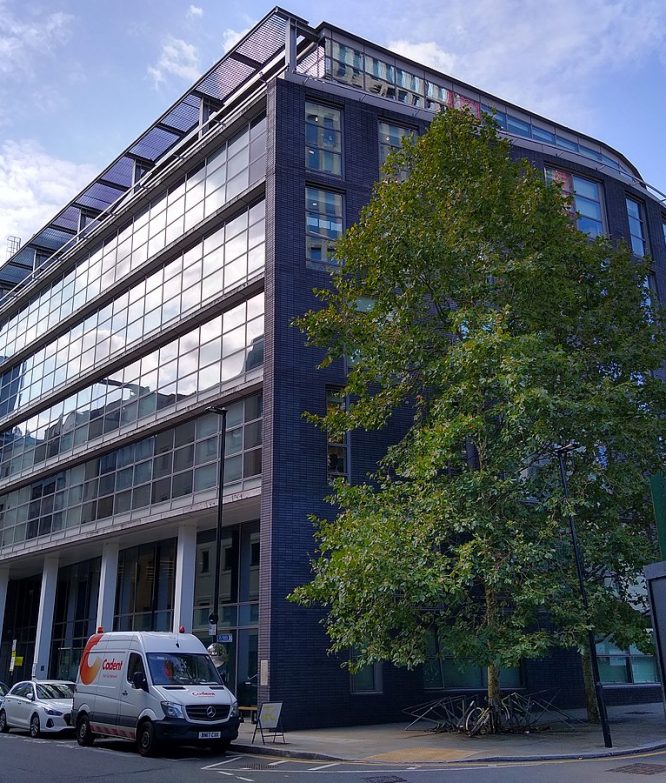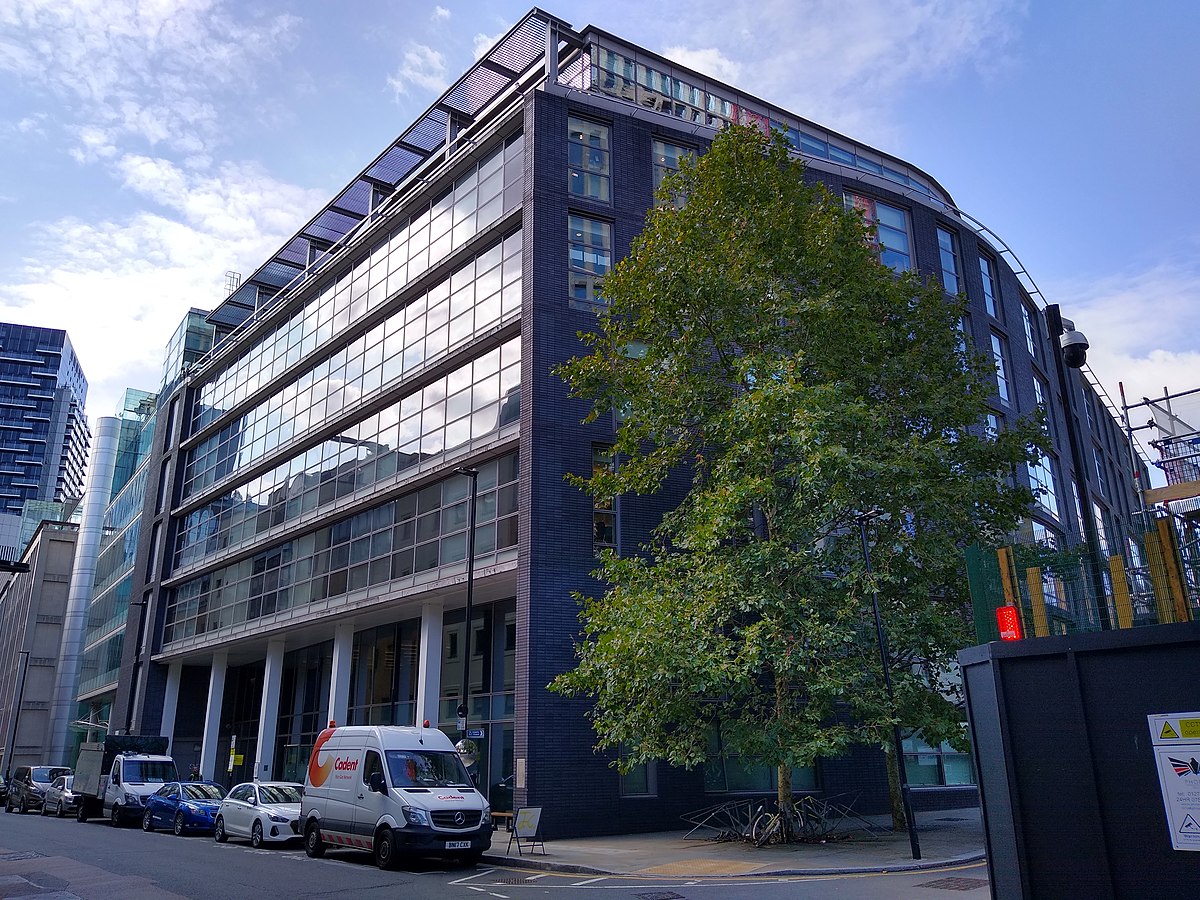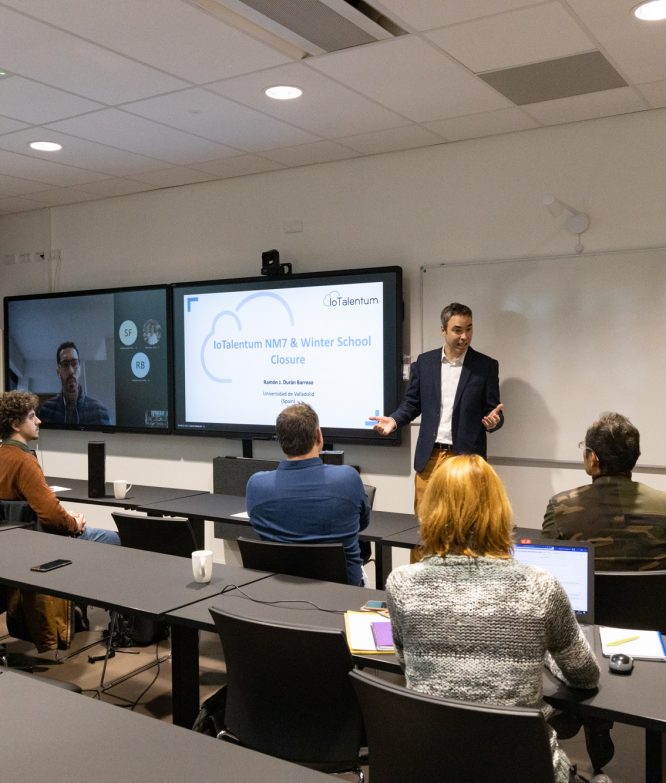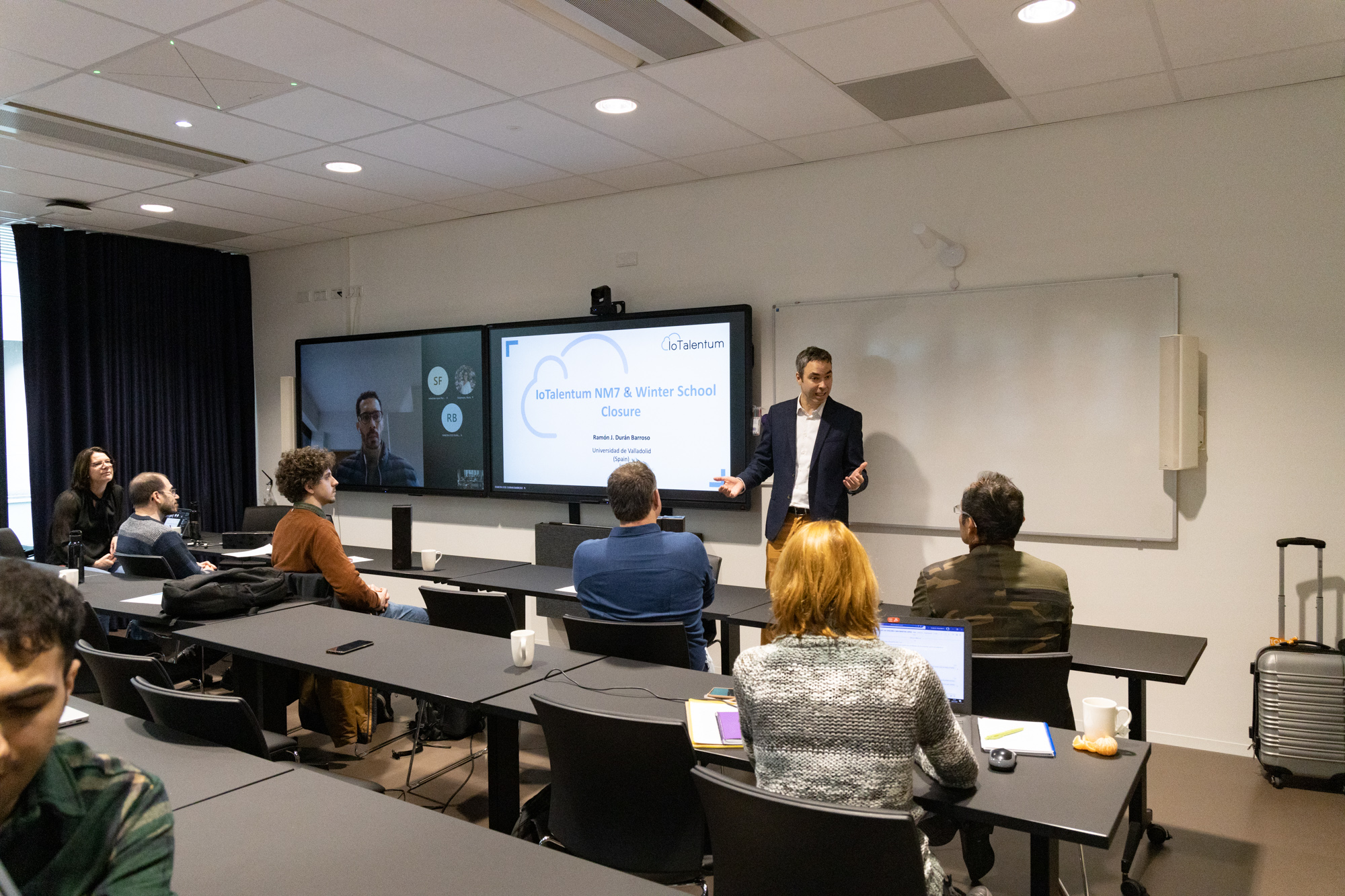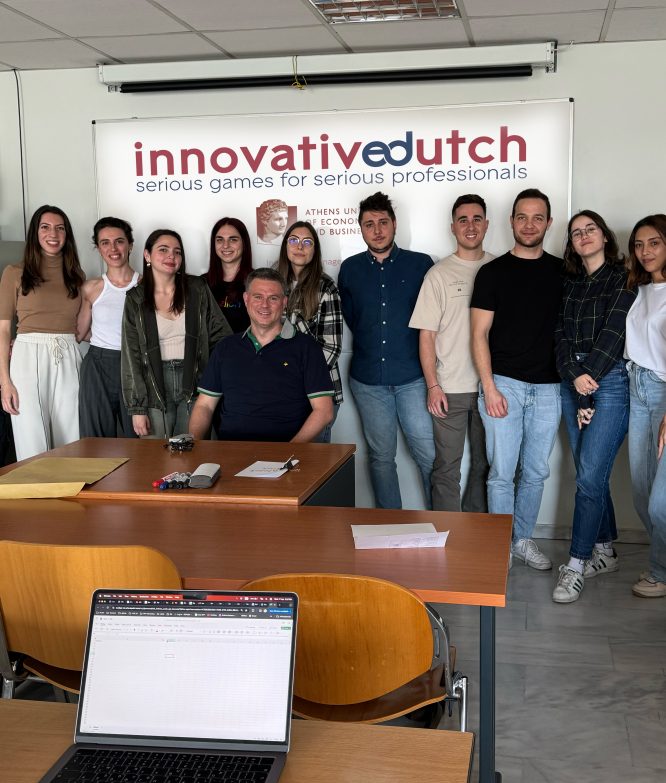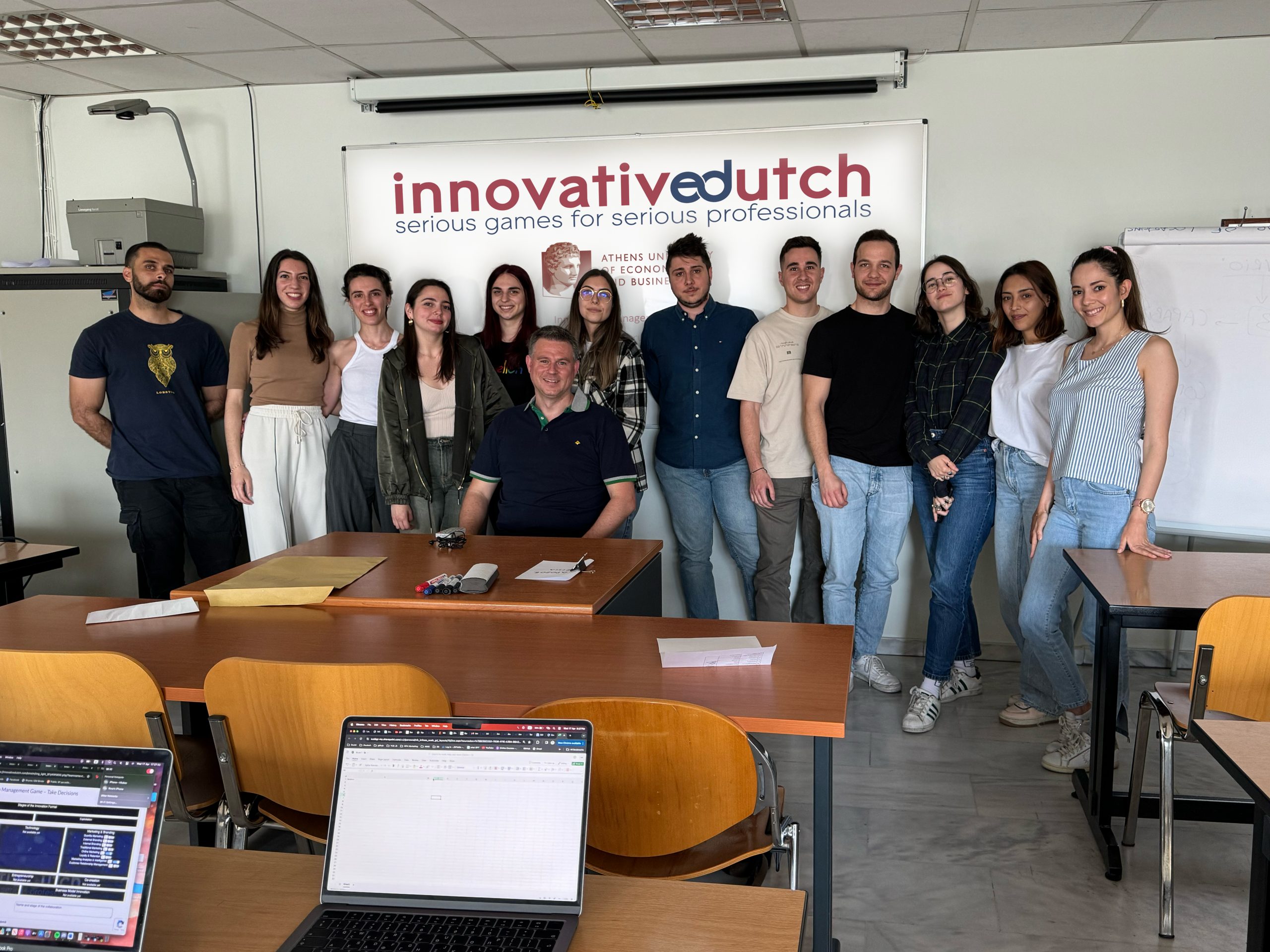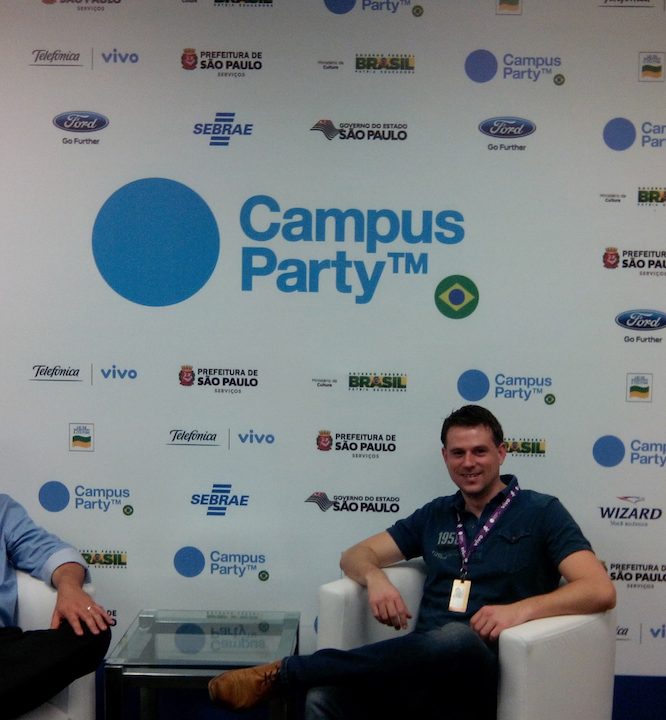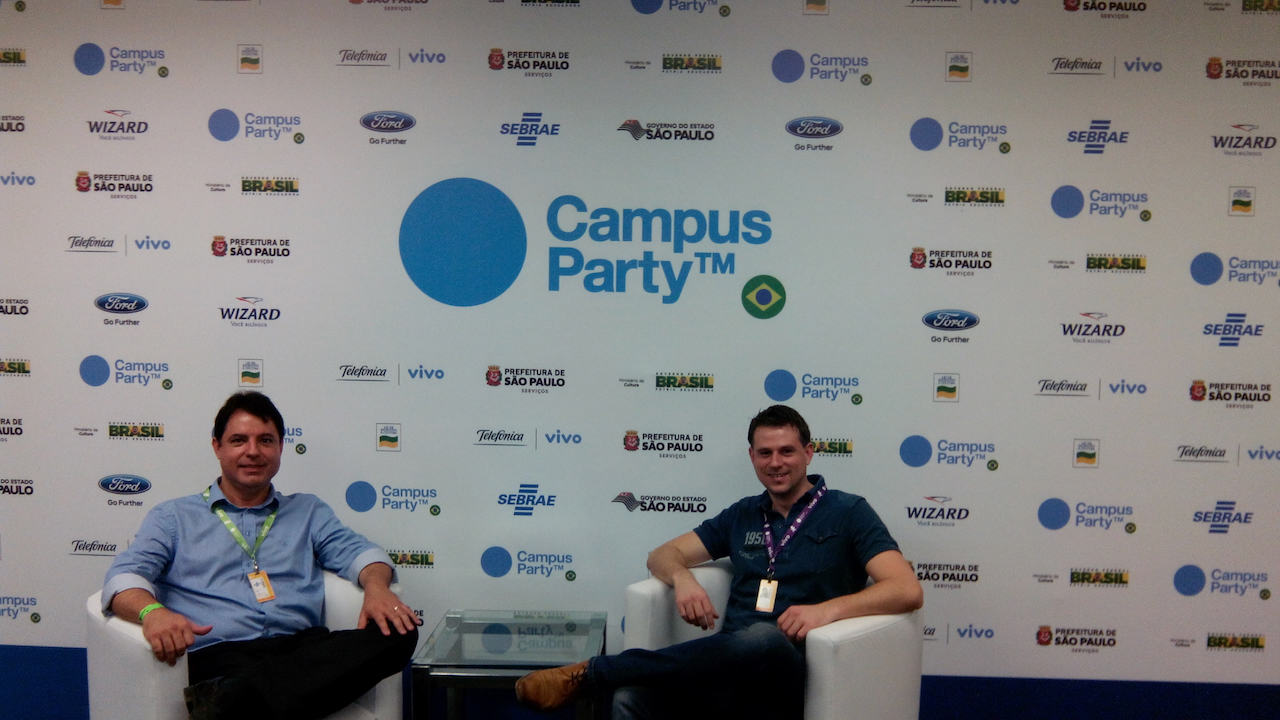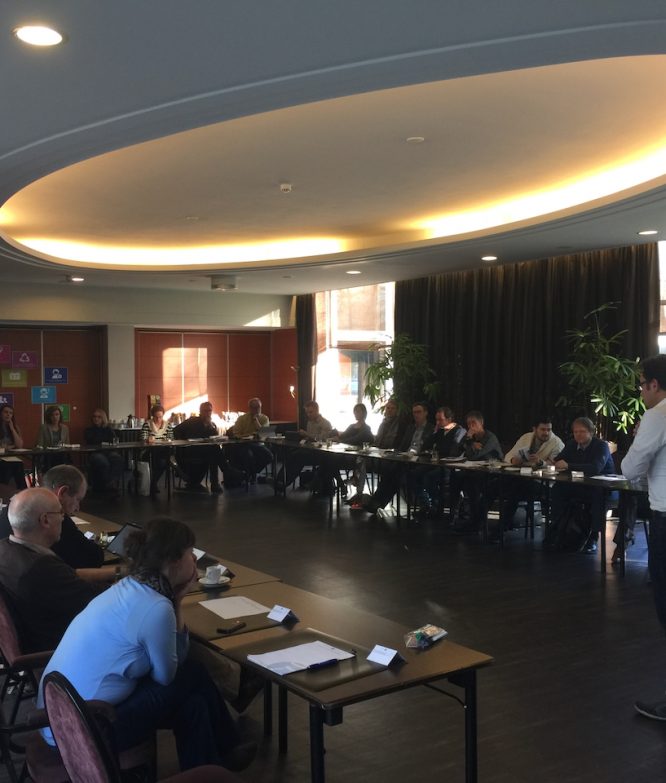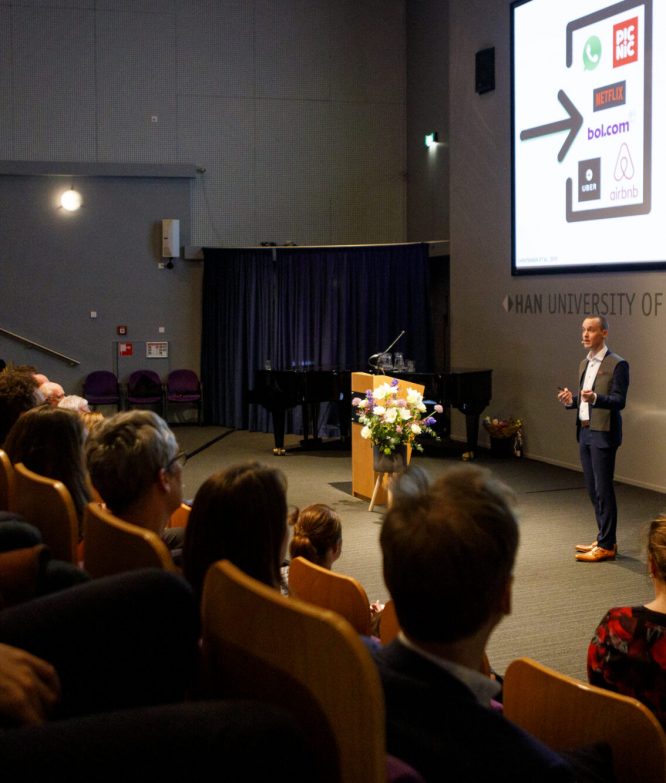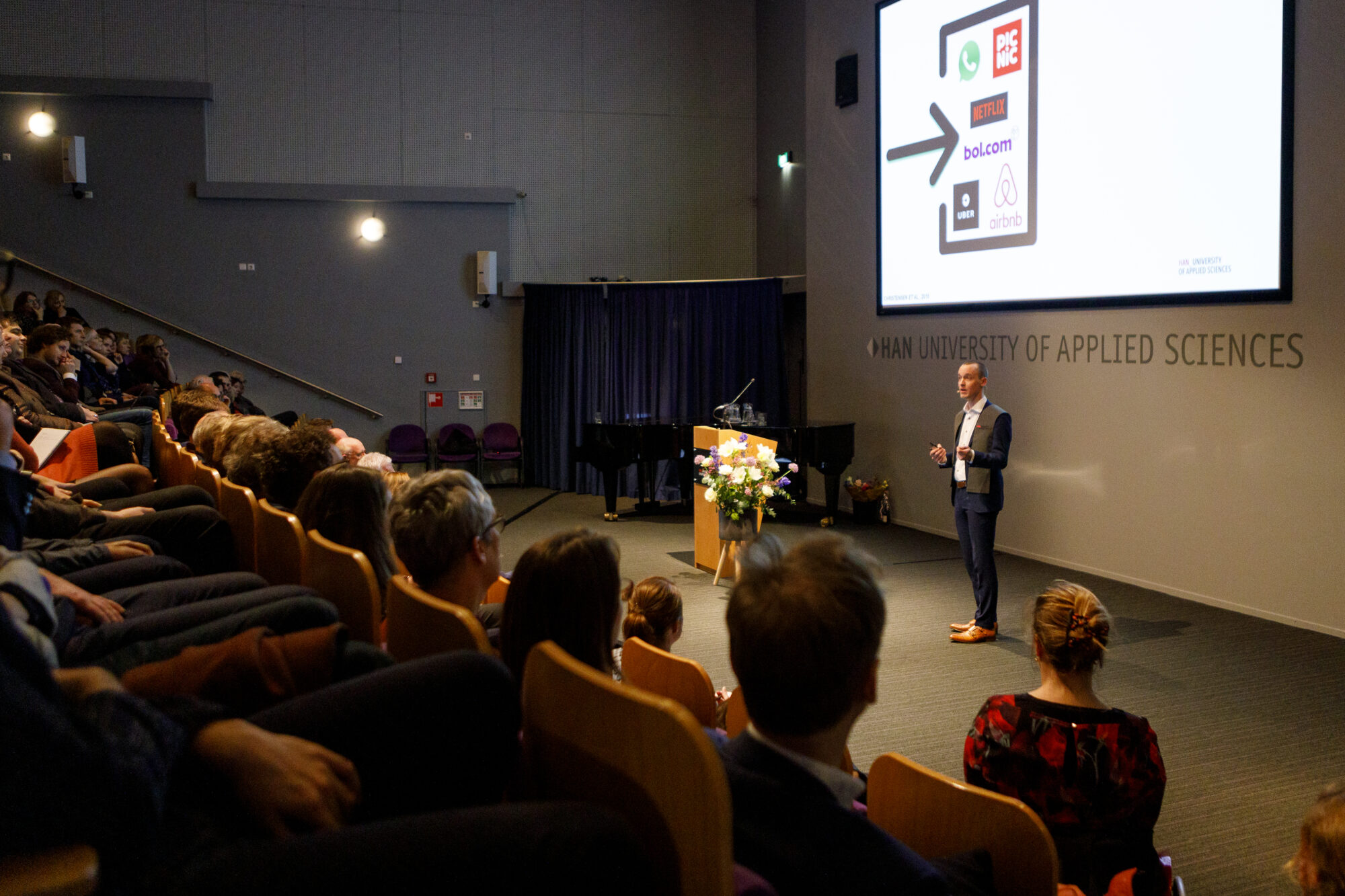HRM Innovation Project at Han University of Applied Sciences
<strong>Client Profile: Han University of Applied Sciences (HRM Department)</strong>
Our collaboration with HRM at Han University of Applied Sciences involved spearheading an innovation project focused on addressing challenges related to workload, education innovation, and enhanced collaboration with the industry. The initiative aimed to position HRM as a leader in the field, especially as they approached a crucial accreditation process.
<strong>Client's Request: HRM Innovation Proposal</strong>
<ol>
<li><strong>Background:</strong>
<ul>
<li>HRM is undergoing an accreditation process with a focus on becoming a 'Smart Region' contributor.</li>
<li>An innovation committee has been formed, addressing issues of workload, education, industry collaboration, and team structure.</li>
<li>Plans for innovation exist but require refinement and execution due to ongoing challenges and anticipated accreditation workload.</li>
<li>HRM sees an opportunity to become a frontrunner in the field.</li>
</ul>
</li>
<li><strong>Scope of the Project:</strong>
<ul>
<li>Immediate focus on workload and industry collaboration.</li>
<li>Potential involvement in addressing questions arising from the accreditation process.</li>
<li>Team Change Process towards an innovative, self-organized team.</li>
</ul>
<ul></ul>
</li>
</ol>
<strong>Outcome: Strategic Innovation Roadmap</strong>
The proposed project provided Han University's HRM department with a strategic roadmap for addressing workload issues, enhancing education innovation, and fortifying collaboration with the industry. The four-phased approach ensured a systematic and holistic transformation, aligning with the broader goals of becoming a Smart Region contributor and excelling in the accreditation process.
<strong>Looking Ahead: Continuous Partnership for Excellence</strong>
If there are further needs emerging from HRM's ongoing initiatives or additional challenges post-accreditation, we stand ready to continue our partnership, offering tailored solutions to drive continuous improvement and innovation. Together, let's foster excellence in education and industry collaboration at HAN University of Applied Sciences.
Establishing the ‘Lectoraat Smart Business’ at Han University of Applied Sciences
<strong>Client Profile: Han University of Applied Sciences</strong>
Our engagement with Han University of Applied Sciences involved collaborating on the establishment of the 'Lectoraat Smart Business.' The initiative was driven by the university's commitment to becoming a leading knowledge center in the region, particularly in the development of a 'Smart Region' that integrates smart technologies and new business models.
<strong>Client's Request: Lectoraat Smart Business Program Development</strong>
<ol>
<li><strong>Lectoraat Smart Business Overview:</strong>
<ul>
<li>Aimed to contribute to the development of a 'Smart Region.'</li>
<li>Focused on innovation and entrepreneurship in smart technology.</li>
<li>Supported by Centres of Expertise, lectorates, and education.</li>
</ul>
</li>
<li><strong>Research Levels and Methodology:</strong>
<ul>
<li>Research conducted at three levels: exploration, implementation, and aggregated.</li>
<li>Student-centered research focusing on operational questions.</li>
<li>Lectoraat acted as a hub for organizations with innovation queries related to smart technology.</li>
<li>Explored the role of digital technology in shaping new business models.</li>
</ul>
</li>
<li><strong>Positioning:</strong>
<ul>
<li>Formally positioned under the Institute of Business and Law (IBR), supported by the Knowledge Center for Business Development & Co-Creation.</li>
<li>Aligned with the goal of contributing to the Smart Region program.</li>
<li>Thematically positioned at the intersection of digital innovation, business models, and open innovation.</li>
</ul>
</li>
<li><strong>Objectives of Lectoraat Smart Business:</strong>
<ul>
<li><strong>Professional Practice and Society:</strong>
<ul>
<li>Develop knowledge and tools applied by organizations.</li>
<li>Contribute to the future professional profile of students.</li>
<li>Ensure systematic evaluation of product and service quality.</li>
</ul>
</li>
<li><strong>Education and Training:</strong>
<ul>
<li>Equip future professionals with skills for the digital era.</li>
<li>Update curricula in line with digital innovation, business models, and open innovation.</li>
<li>Collaborate with internal and external stakeholders for aligned programming.</li>
<li>Ensure systematic evaluation of product and service quality.</li>
</ul>
</li>
<li><strong>Knowledge Development and Sharing:</strong>
<ul>
<li>Establish an evolving knowledge circle guided by the lector.</li>
<li>Focus on design-oriented and action-oriented research.</li>
<li>Contribute to a robust body of knowledge in business models, digital innovation, and open innovation.</li>
<li>Supervise (aspiring) PhD candidates.</li>
<li>Facilitate knowledge transfer within and outside HAN.</li>
</ul>
</li>
</ul>
</li>
</ol>
<strong>Outcome: Establishment of Lectoraat Smart Business</strong>
The 'Lectoraat Smart Business' successfully commenced its operations, aligning with the vision of making HAN a knowledge leader in the Smart Region initiative. The program's structure and objectives were designed to ensure active engagement with the professional sector, enhance education offerings, and contribute to the body of knowledge in the defined thematic areas.
<strong>Looking Ahead: A Journey of Continuous Learning and Innovation</strong>
As the 'Lectoraat Smart Business' embarks on its journey, Innovative Dutch remains committed to providing ongoing support in realizing its goals, fostering a culture of innovation, and contributing to the development of a Smart Region. We look forward to further collaboration and success in the evolving landscape of smart technologies and business innovation.



